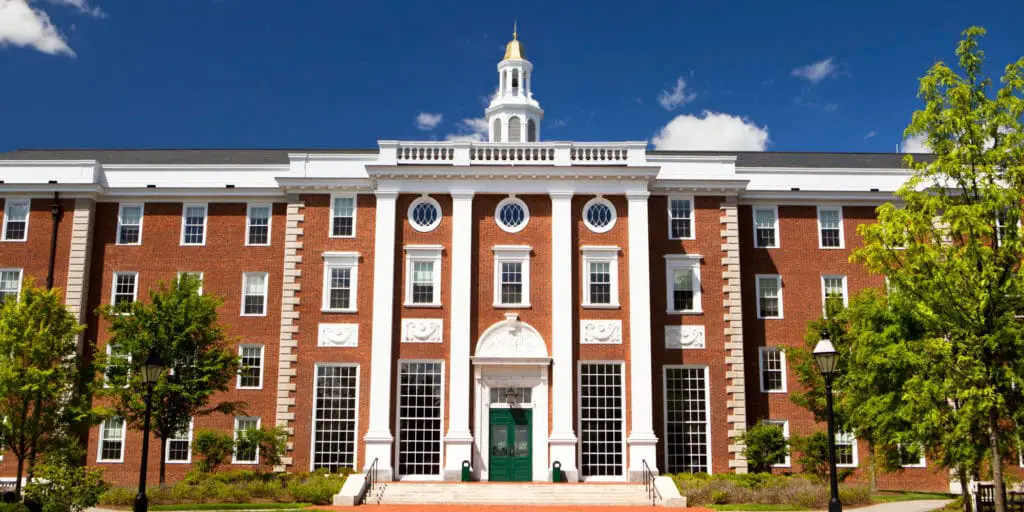Trial began in Harvard’s Asian discrimination lawsuit on Monday, four years after a student group filed a lawsuit against the university for allegedly preferring whites, blacks and Hispanics at the expense of more deserving Asian students.
A federal court in Boston opened the trial in one of the most significant race cases in decades.
The trial comes a day after hundreds of Asian-American community leaders and representatives held a mass rally at Boston’s Copley Square against Harvard.
According to the Students for Fair Admissions (SFFA) organization that filed a lawsuit in 2014, Harvard has long been applying a system aimed at maintaining a virtually unalterable proportion of students from different ethnic groups.
While denying the discrimination charge, Harvard president Larry Bacow said in a statement issued on Monday that it would vigorously defend its rights. “I want all of you to know that each Harvard College student is admitted affirmatively,” Bacow said.
“U.S. Supreme Court has twice ruled on this issue and has held up our admissions process as an exemplar of how, in seeking to achieve a diverse student body, race may enter the process as one factor among many in consideration.”
In opening arguments, the group’s lawyer Adam Mortara claimed that Harvard had used personality criteria to suppress Asian admissions in favor of black, Hispanic and white applicants.
Harvard “let the wolf of racial bias in through the front door,” The Boston Globe quoted him as saying.
University lawyer Bill Lee argued that “Harvard cannot achieve its educational goals without considering race,” insisting that race is never a negative in admissions.
Last month, the U.S. Department of Justice filed a statement of interest before the court and alleged the school of rating applicants of Asian-American origin lower on leadership and ability scores.



